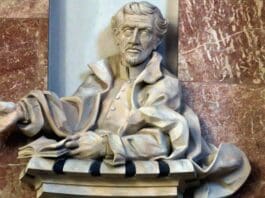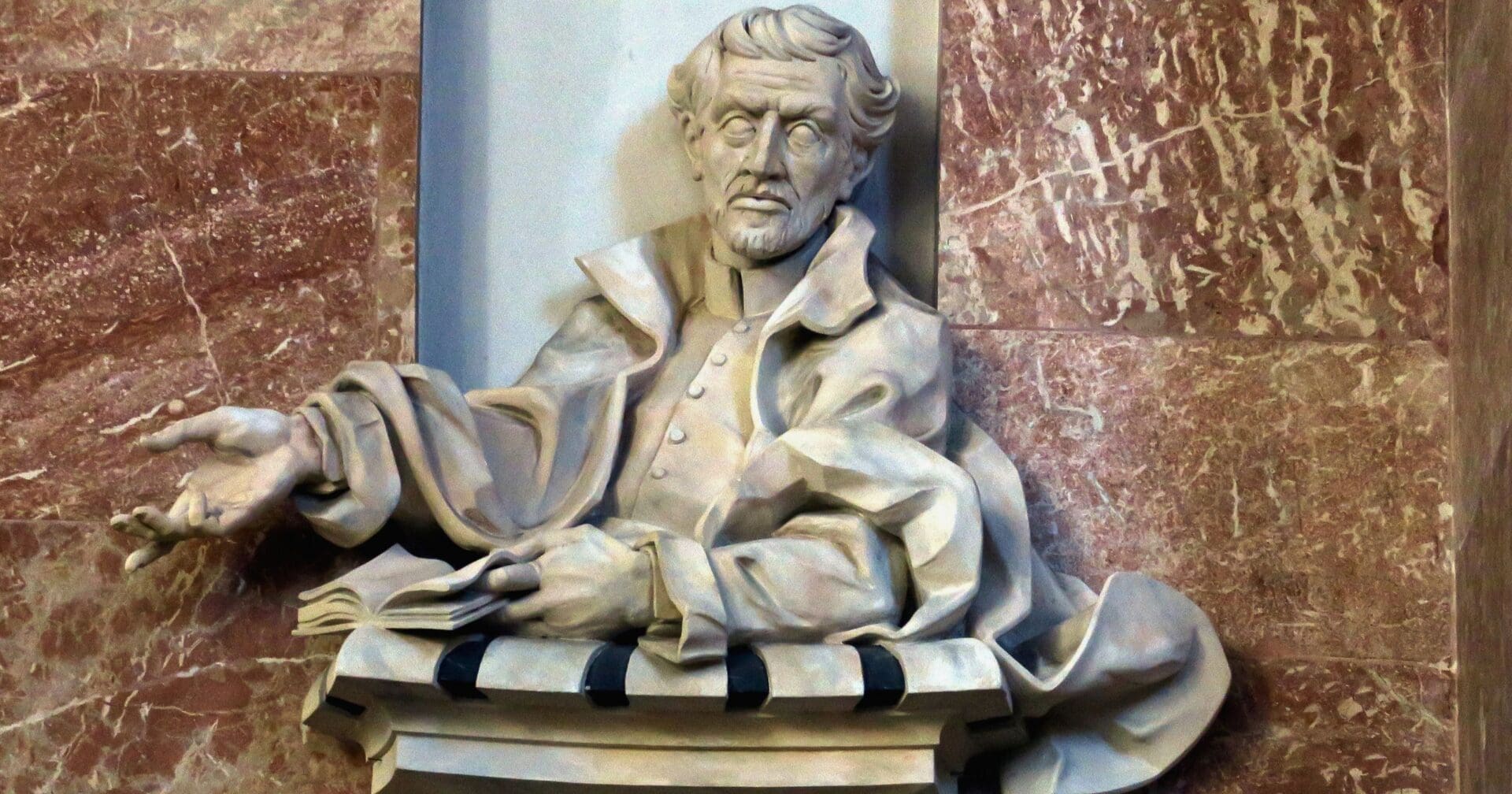
In the mid-16th century, a time marked by religious upheaval and the aftermath of the Council of Trent, the Vatican faced a daunting challenge. It needed to disseminate the Council’s decrees to bishops across Europe, a task fraught with danger due to Protestant hostility and rampant banditry. The first messenger tasked with this mission was robbed, highlighting the need for someone both brave and inconspicuous.
Enter Peter Canisius, a 43-year-old well-respected Jesuit. Known for founding colleges esteemed even by Protestants, Canisius was the Vatican’s choice for this perilous task. He was assigned the role of an official “visitor” of Jesuit foundations as a cover. Unlike modern spies with their ingeniously hidden microfilms, Canisius had to transport the substantial Tridentine volumes, each 250 pages, and additional books for his university across Germany.
Canisius, born in Holland in 1521, was a distinguished scholar and theologian, having contributed to Church history and theology. His involvement in the Council of Trent and his efforts in reforming German universities from heretical influences made him an ideal candidate. Notably, his service during a plague in Vienna, where he won people’s hearts through his care for the sick and dying, elevated his reputation significantly. Despite being offered the bishopric of Vienna, Canisius chose to continue his educational and reformative work.
During the Reformation, Canisius witnessed the sway of Protestant rhetoric on students. The need for a Catholic catechism that clearly articulated Church doctrines became apparent. This task, initially passed among many, eventually fell to Canisius and his colleague Lejay. After Lejay’s death, Canisius took on the responsibility, producing the first Catechism in 1555. Its success led to the creation of two more versions tailored for different age groups, focusing on virtues and prayers.
Canisius also navigated internal challenges within the Jesuit community. He dealt skillfully with Father Couvillon, a brilliant but emotionally troubled member, by engaging him in meaningful work rather than dismissing him. This approach not only aided Couvillon but also benefited the Jesuit mission.
Peter Canisius passed away on December 21, 1597, leaving a legacy as the “Second Apostle of Germany” and earning recognition as a Doctor of the Church. His life and work exemplify dedication to faith, education, and compassionate leadership during a tumultuous era in European history.
Photo credit: Pimpinellus via Wikimedia Commons
The post Saint Peter Canisius appeared first on uCatholic.
Daily Reading
Day of Prayer for the Legal Protection of Unborn Children
Readings for the Day of Prayer for the Legal Protection of Unborn Children Reading 1 Hebrews 7:1-3, 15-17 Melchizedek, king of Salem and priest of God Most High, met Abraham…
Daily Meditation
Healing Our Withered Hearts
Click here for daily readings At first glance, this story is simply about Jesus healing as he does so often in the New Testament and the Pharisees clucking in disapproval….




